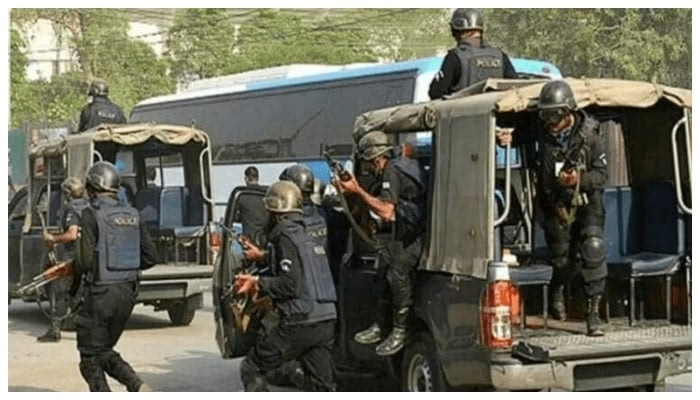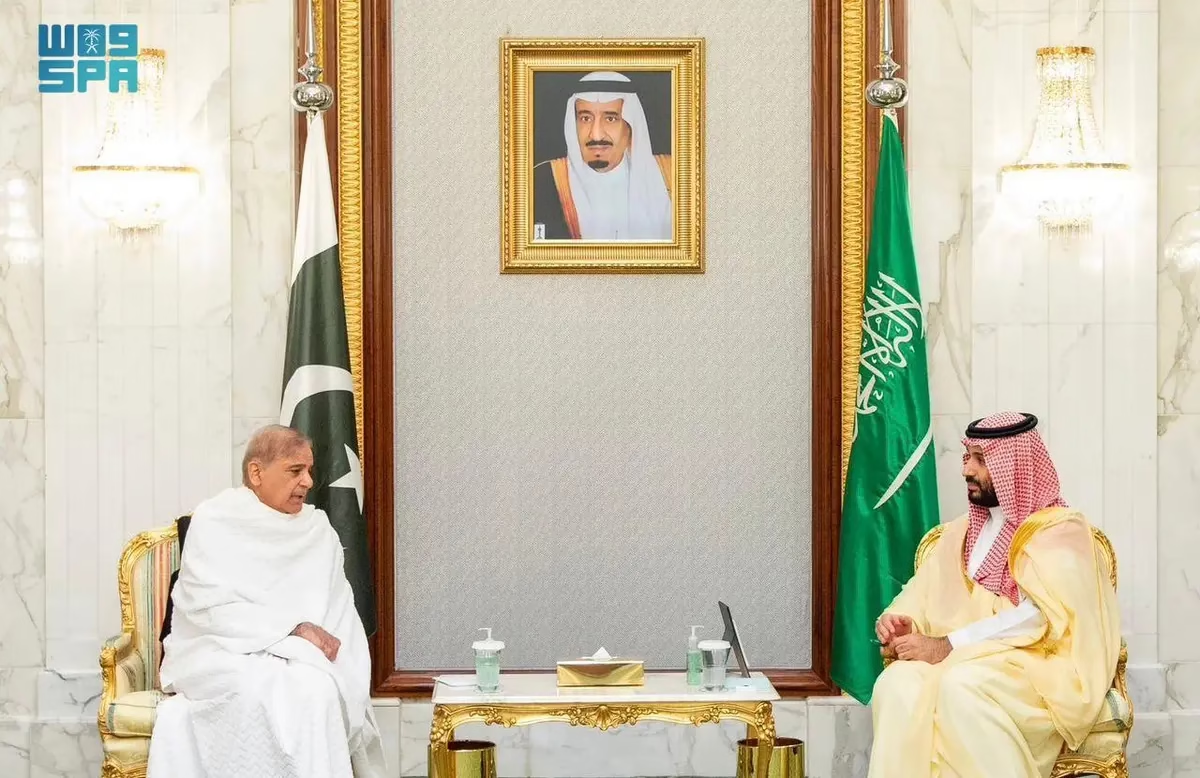In a recent crackdown on fraudulent immigration, the Federal Investigation Agency (FIA) arrested three Afghan women attempting to fly from Karachi to Germany. The women were found to have entered Pakistan using fake medical and business documents, raising concerns about illegal migration patterns through Pakistan.
The Arrest and Background
The arrests were made at Karachi’s Jinnah International Airport by the FIA’s immigration wing, which closely monitors passenger travel and immigration records. According to reports, the women had obtained Pakistani visas on false pretexts, intending to travel to Germany, bypassing standard immigration procedures.
Case of Aziza Mohammadi
One of the arrested women, Aziza Mohammadi, entered Pakistan on a medical visa. Her official records indicated she was supposed to be undergoing medical treatment at the International Hospital in Islamabad from April 27 to May 20, 2024. However, when FIA officials conducted an in-depth investigation into her travel history, they discovered a major discrepancy. Her passport revealed that she had never been to Pakistan since it was issued, contradicting her claim of receiving medical care in the country. This immediately raised red flags, and further questioning led to the discovery that she had fraudulently obtained the visa.
Mehria Rahmani’s Forged Business Trip
The second woman, Mehria Rahmani, entered Pakistan on a business visa. Her visa records claimed she was traveling for business purposes along with her husband, identified as Iqbal Hakimi. However, during her interrogation by the FIA, Rahmani disclosed that she was not married and did not know anyone named Iqbal Hakimi. She also claimed to be a virgin, further contradicting her visa records. This revelation confirmed that her business visa was fraudulent, and like Mohammadi, she had no genuine reason for entering Pakistan.
Zahra Soltani’s Fake Medical Attendant Claim
The third woman, Zahra Soltani, entered Pakistan under the guise of being an attendant for a sick Afghan woman named Murman Parveen Soltani. According to Zahra’s visa application, she had accompanied the patient to provide care while in Pakistan. However, upon investigation, FIA officials discovered that the patient, Murman Parveen Soltani, had never entered Pakistan. This indicated that Zahra had also falsified her visa documents to gain entry into the country. Her reason for entering Pakistan was fabricated, much like the other two women.
Human Trafficking Concerns
The arrest of these three Afghan women highlights an alarming trend of individuals entering Pakistan under false pretenses in an effort to travel to third countries, such as Germany. This particular incident has raised concerns about human trafficking and forged travel documents being used to facilitate illegal migration. It is not uncommon for individuals to use fake medical or business reasons to enter countries, which later allows them to travel to other destinations.
Pakistan has become a transit hub for Afghan refugees and migrants seeking to reach Europe and other parts of the world. This has placed immense pressure on immigration officials to carefully scrutinize travel documents, particularly in the wake of increased migration following the Taliban’s takeover of Afghanistan.
Legal Action and Next Steps
The three women have been handed over to the Anti-Human Trafficking Circle of the FIA, where formal charges of forgery and document fraud are being prepared against them. They will likely face legal proceedings for attempting to fraudulently obtain Pakistani visas and for violating Pakistan’s immigration laws.
The FIA’s swift action in arresting these women is part of a broader effort to combat human trafficking and illegal immigration. The agency continues to work with international partners to ensure that those involved in the illegal facilitation of migrants are brought to justice.
This case serves as a reminder of the ongoing challenges faced by immigration authorities in Pakistan and other countries in combating human trafficking and illegal migration. With fraudulent documents becoming more sophisticated, the role of vigilant immigration officials is crucial in preventing such activities. As the FIA continues its investigation, the hope is that it will uncover any broader networks involved in facilitating the illegal entry of individuals into Pakistan and, ultimately, to other countries.



